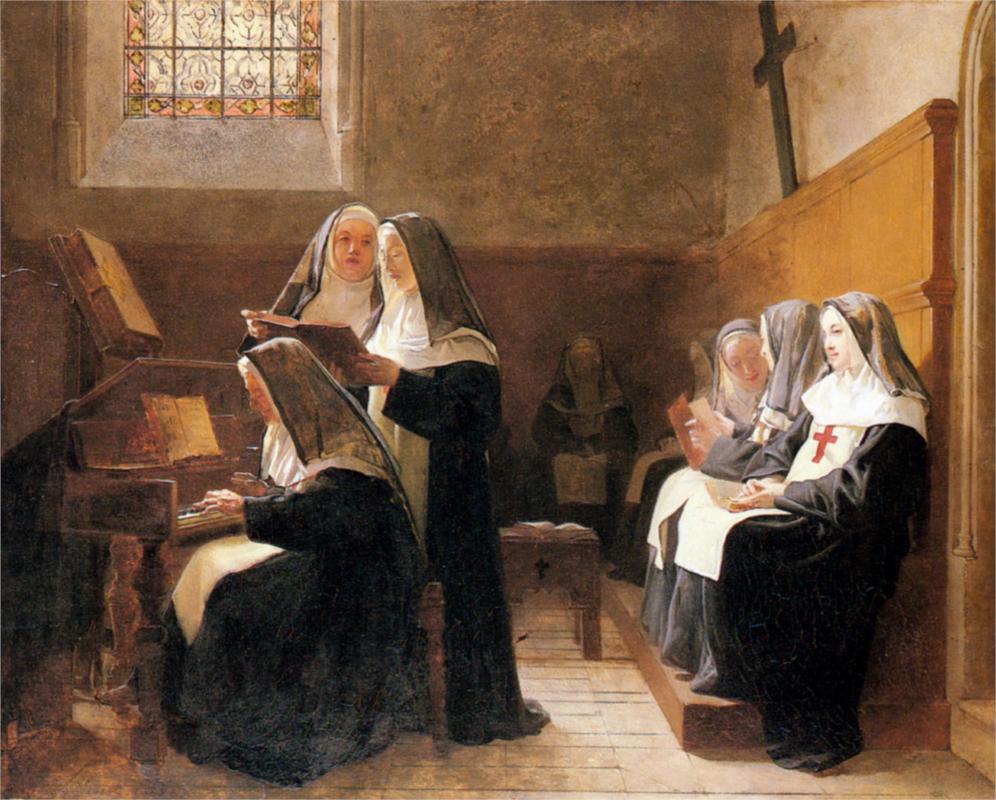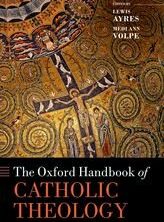Get the Grail Psalms for 25% off!
The Psalms were meant to be sung. The Grail Psalms are special translations that aim to place the Psalms in their original context: music. We learn in the General Instruction on the Liturgy of Hours that,
“The Psalms are not readings nor were they specifically composed as prayers, but as poems of praise. Though sometimes they may be proclaimed like a reading, nevertheless, because of their literary character, they are rightly called in Hebrew tehillim, that is, “songs of praise,” and in Greek psalmoi, “songs to be sung to the sound of the harp.” In all the Psalms there is a certain musical quality that determines that correct way of praying them. Therefore, though a psalm may be recited without being sung even by an individual in silence, its musical character should not be overlooked.” (no. 103)
The Grail Psalms translation helps you see and hear the rhythm and structure within the text. It also helps you understand what’s at the heart of Psalms. In his The Spirit of the Liturgy, Pope Benedict the XVI said,
“In their prayed poetry, the Psalms display the whole range of human experiences, which become prayer and song in the presence of God… Quite spontaneously, the Psalter becomes the prayer book of the infant Church, which, with equal spontaneity, has become a Church that sings her prayers.” (p 139)
This collection includes both the original Grail Psalms translation (carried out in 1963) and the new revised Grail Psalms. The new translation brings the Grail Psalms in line with contemporary principles of Scripture scholarship, matters of authentic translation, and requirements for appropriate rendering for liturgical use.
Singing the Psalms help us connect with God on a deeper level. In a General Audience on April 4, 2001, Pope Benedict the XVI also said,
“. . . in singing the Psalms, the Christian feels a sort of harmony between the Spirit present in the Scriptures and the Spirit who dwells within him through the grace of Baptism. More than praying in his own words, he echoes those ‘sighs to deep for words’ mentioned by St. Paul (cf. Rom. 8:26), with which the Lord’s Spirit urges believers to join in Jesus’ characteristic invocation: ‘Abba! Father!’ (Rom. 8:15; Gal. 4:6).” (General Audience, April 4, 2001)
In this translation, all 150 Psalms are arranged according to Catholic liturgical use, especially with the Liturgy of the Hours in mind.
Right now, you can get the Grail Psalms for 25% off! Be the first to get these masterfully translated works in Verbum, where you can study them alongside other translations and texts.







The Grail Psalms are meant to be sung with Tones. We use St. Meinrad’s Benedictine Archabbey’s tones. They’re usually printed in a different form than usual musical notation. I can recommend the app iChant to help you pick out the tones. Once you memorize eight tones, any Grail Psalm can be sung to any tone, which makes for a very flexible system. It’s not as hard as it sounds. Perhaps both traditional Gregorian chant notation in various traditional sets of tones and normal musical notation both could be provided. I know Christian Prayer comes with chant tones in regular notation.
Your Blogs do sell resources – Next question: Where do we find the music so we can sing these? [Preferred in sheet music format]
That would be great! We’ll look into acquiring these kinds of resources in the future.